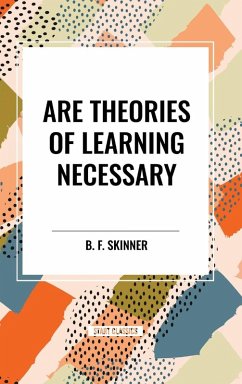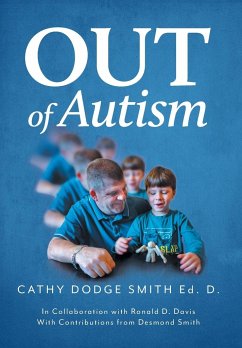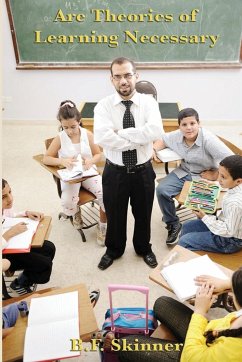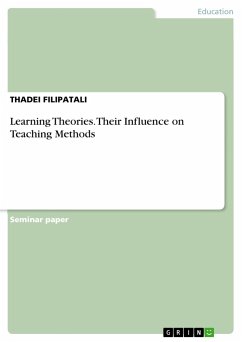Certain basic assumptions essential to any scientific activity are sometimes called theories. That nature is orderly rather than capricious is an example. Certain statements are also theories simply to the extent that they are not yet facts. A scientist may guess at the result of an experiment before the experiment is carried out. The prediction and the later statement of result may be composed of the same terms in the same syntactic arrangement the difference being in the degree of confidence.
Bitte wählen Sie Ihr Anliegen aus.
Rechnungen
Retourenschein anfordern
Bestellstatus
Storno








